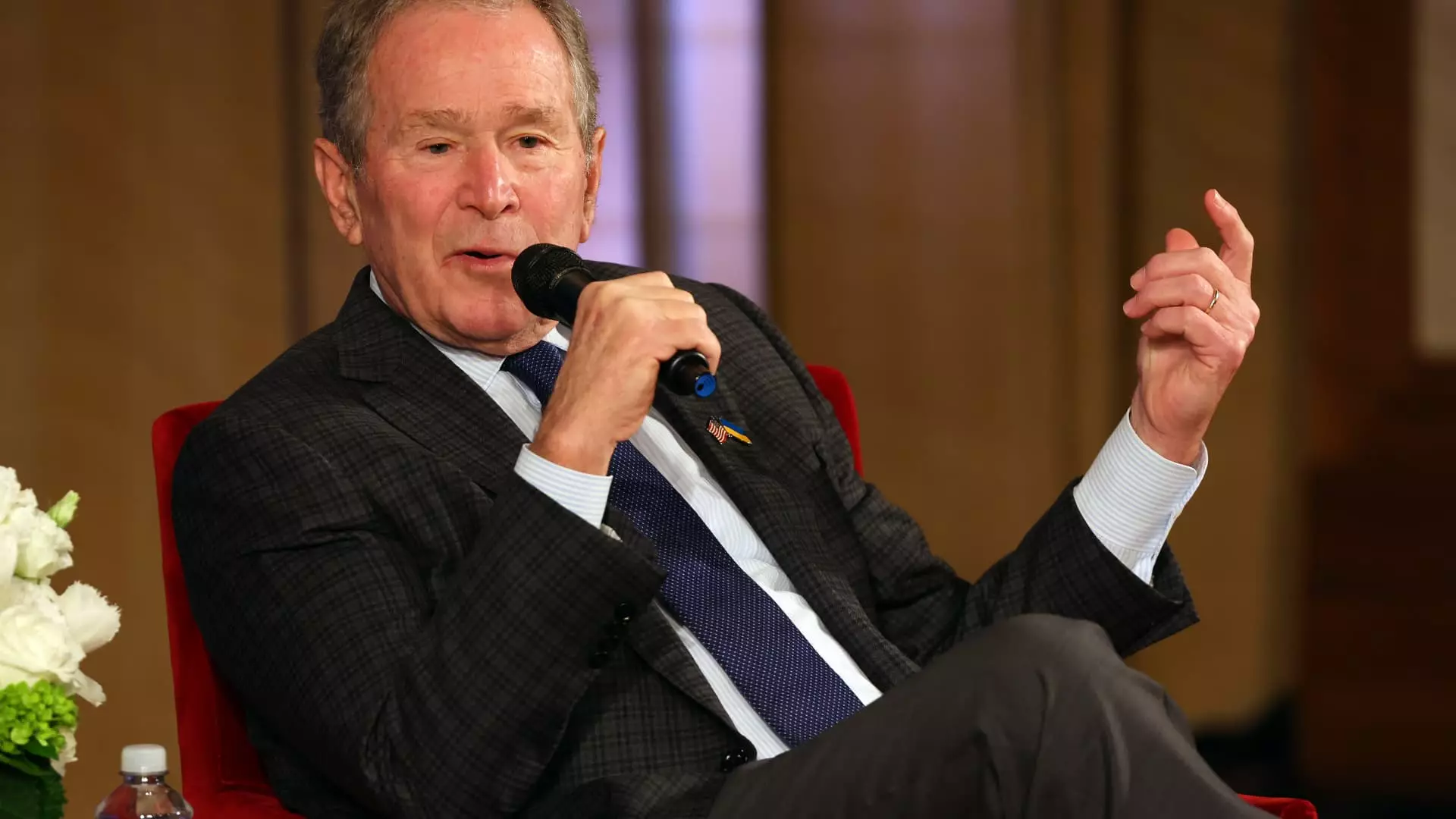Former President George W. Bush, known for his involvement in past presidential elections, has made a surprising decision not to endorse a candidate for the upcoming election. This move, confirmed by his office, breaks from the tradition of former presidents publicly supporting candidates within their party.
In the context of history, George W. Bush had endorsed Republican candidates in previous elections. For instance, he backed Mitt Romney in 2012 and Senator John McCain in 2008. However, in 2016, both Bush presidents chose to remain neutral and refrain from commenting on the Republican nominee, Donald Trump.
The decision of George W. Bush to withhold his endorsement is particularly noteworthy due to the Republican candidate being a member of his own party. This departure from party loyalty signifies a potential shift in the political landscape and reveals underlying tensions within the GOP.
Stand Against Donald Trump
The recent endorsements of Vice President Kamala Harris by former Vice President Dick Cheney and his daughter, Liz Cheney, underscore a growing sentiment within the Republican party against Donald Trump. Both Cheneys have been vocal critics of Trump, highlighting his actions during the previous election and questioning his trustworthiness with power.
The endorsements of Harris by prominent moderate Republicans and former Trump administration officials, despite policy differences, enhance her bipartisan appeal. The campaign’s outreach efforts have garnered support from unexpected sources, such as former Governor Bill Weld and former Rep. Denver Riggleman.
Impact on the 2020 Election
With the absence of George W. Bush’s endorsement, the 2020 election takes on a new dynamic. His neutrality signifies a break from past practices and reflects the growing division within the Republican party. The support for Harris from individuals associated with prominent Republican figures further complicates the political landscape.
The decision of former President George W. Bush not to endorse a candidate for president has far-reaching implications for the upcoming election. It highlights a departure from historical norms, reflects internal party tensions, and contributes to the growing bipartisan support for Vice President Kamala Harris. As the political landscape continues to evolve, the impact of Bush’s neutrality on the election remains to be seen.

Leave a Reply